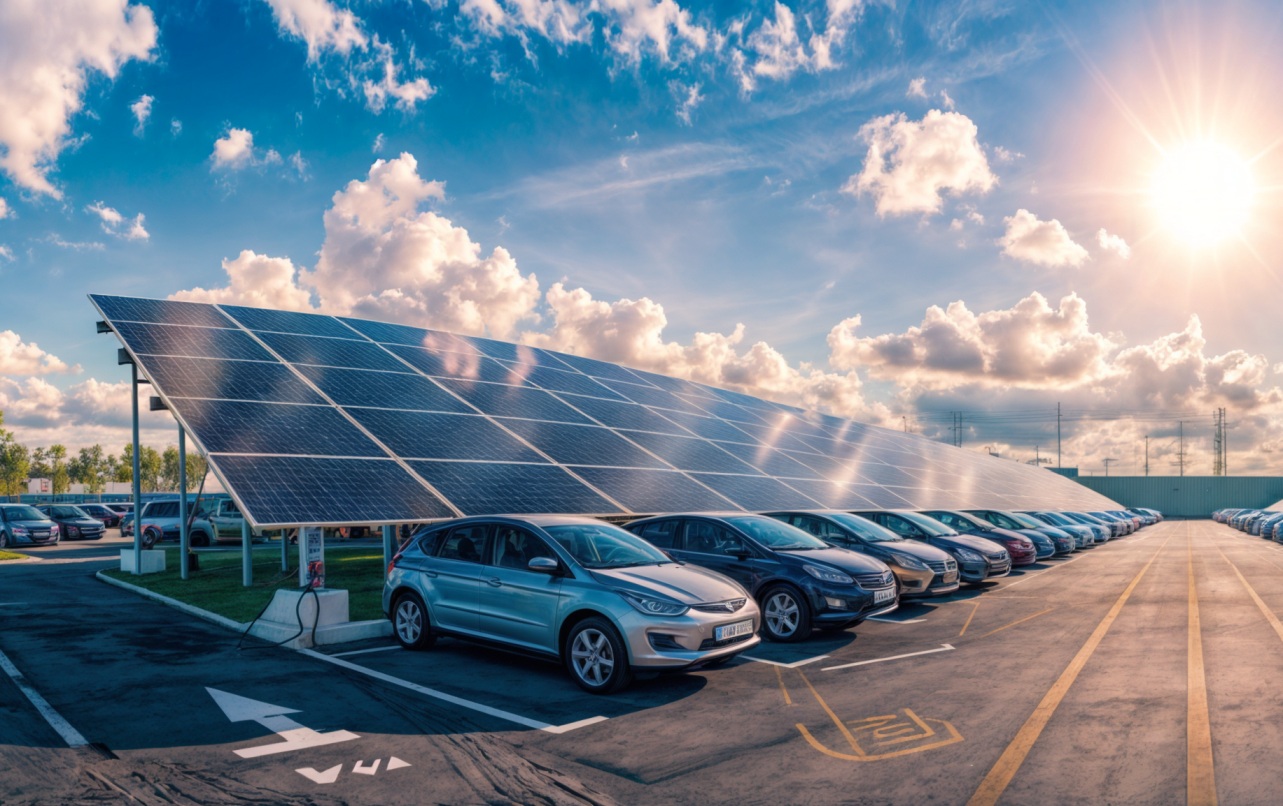In the ever-evolving world of transport, the shift towards environmentally friendly solutions has gained significant momentum. Among these, solar-powered battery electric car chargers have emerged as a promising solution offering sustainability and long-term cost-effectiveness. This article explores the importance of solar electric chargers, highlighting their benefits and their role in shaping the future of electric mobility.
The rise of electric vehicles
Electric vehicles (EVs) are gaining increasing attention as a sustainable alternative to conventional internal combustion engine cars. With zero tailpipe emissions and less dependence on fossil fuels, EVs offer a compelling solution to mitigate environmental impacts and combat climate change. However, the widespread uptake of EVs depends on addressing key challenges, including charging infrastructure and energy sources.
The role of solar chargers
Solar EV chargers are a synergistic solution that combines renewable energy and electric mobility. By harnessing solar energy, these chargers offer a clean and sustainable way to power electric vehicles. The integration of solar (sun) technology allows EV owners to charge their vehicles with green energy, thereby reducing their carbon footprint and their dependence on non-renewable resources.
The benefits of solar EV chargers
- Environmental sustainability
Solar-powered chargers use renewable energy, minimising greenhouse gas emissions and the environmental damage associated with conventional energy sources. - Cost-effectiveness
Although initial installation costs may be higher, solar chargers offer long-term savings on electricity bills, making them a financially worthwhile investment. - Energy independence
By generating electricity on-site, solar chargers provide greater energy independence, reducing dependence on central electricity grids. - Scalability and flexibility
The solar charging infrastructure is easily scalable and adaptable to different locations, including homes, businesses and public spaces, facilitating the widespread availability and adoption of electric vehicles. - Optimal system design
The ideal solar EV charging system features efficient solar panels, advanced battery storage technology and intelligent charge management systems. By optimising these components, EV owners can maximise energy use, minimise charging time and ensure reliable operation even in adverse weather conditions.
Overcoming the challenges
While solar EV chargers offer many advantages, they also face challenges such as scattered sunlight and fluctuating power generation. To address these challenges, hybrid charging solutions that incorporate grid connectivity and energy storage systems can provide backup power during periods of low solar availability, and thus provide uninterrupted charging services.
Conclusion: the road to a sustainable future
In summary, solar-powered battery electric car chargers hold great promise for shaping the future of electric mobility. By harnessing solar energy, these chargers offer a sustainable and cost-effective solution for powering electric vehicles, contributing to environmental protection and energy independence. As technology develops and infrastructure expands, solar electric chargers can play a key role in accelerating the transition to a greener, more sustainable transport ecosystem.

